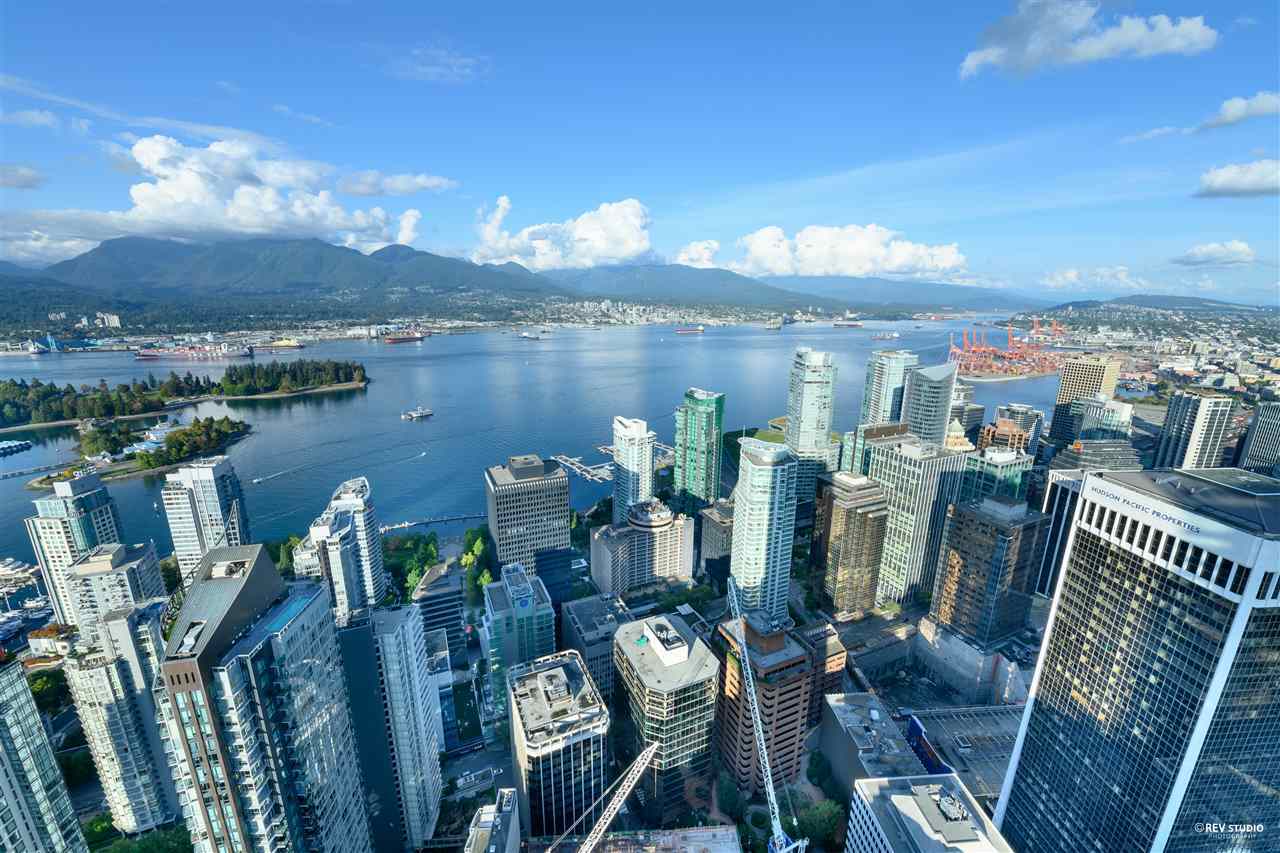
Inflation, interest rates, and housing prices continue to rise while sales and inventory have begun to drop. It’s a situation that leaves some wondering if it’s a good time to consider investing in Vancouver real estate.
After all, higher interest rates mean fewer people can borrow to buy homes. That means less competition for homes, which shifts the power to the buyer. It’s possible you can get a better deal than you could just a year ago.
And housing isn’t the only shortage Metro Vancouver is facing. Industrial property is in short supply, while large developers need investors to help them build out neighbourhoods and commercial buildings.
If you know where to look and have a good real estate strategy in place, it could be the right time to consider jumping into the investment game. Let’s take a look at what you should consider before you get started.
What Should You Buy?
What you buy is dictated at times by real estate trends but also by why you want to invest in real estate. For some people, it’s a good place to park money as inflation is on the rise, while others are looking for a source of rental income. Some take a speculative approach, looking to buy and flip or buy in the path of potential growth.
Your options tend to fall in either the commercial or residential categories. Commercial can include industrial, retail, or multi-family properties along with raw land. Residential includes detached homes, townhomes, and condos.
The general housing shortage makes residential an appealing option. Last year, BC grew by more than 100,000 people, more than any year since 1961.
The population growth offers opportunities for large investor groups who are looking for development investments. At the same time, smaller investors looking for single-family homes have been getting priced out of the market.
The most interesting option in the commercial arena currently is in the industrial strata. Metro Vancouver has the lowest vacancy rates in North America, which is driving up rents. Industrial customers want to buy to avoid paying rent and end up competing with investors who want to collect the higher rents.
Tight inventory is pushing prices up still higher. The current popularity of raw land purchases could ease that over the next five years.
Where Should You Invest?
Knowing what you want to buy should direct where you buy it to some extent. If you’re planning to focus on commercial real estate investments, industrial buys are great options anywhere in the area. However, for retail and multi-family, two of the hotter areas to consider lie east in Chilliwack and Maple Ridge.
Downtown rents have been rising, leading some businesses to look south to Mount Pleasant for their office space. The area keeps them close to amenities and sought-after neighbourhoods while reducing rent costs.
If you’re thinking about residential rentals, consider who might make the best target for you so you can jump on opportunities as they arise. For example, the college rental market tends to be fairly stable, so neighbourhoods near the University of British Columbia on the west end or Simon Fraser University in Burnaby could be good target areas. You can also diversify that asset class by looking for homes near mass transit that make it easy to get to school quickly.
Home prices have started dropping around the area, which could lead to some better deals now. Maple Ridge, New Westminster, and Surrey have seen single-family home prices drop by more than 14 percent. On the other hand, West Vancouver has seen a 13 percent jump, so it could be a good location to look for flip opportunities.
The shift in housing prices is a good lesson in residential real estate for beginners. Diversifying across geography and asset class can help you spread your risk as prices go up and down.
How Will You Pay?
The Bank of Canada has upped its overnight lending rate three times so far this year. It’s a huge contributor to the drop in housing sales and the increase in the time to sell. If you were counting on bank financing to fund your investments, you’ll need to continue to calculate the higher costs to get that money.
Buying rental properties also requires a minimum of 20 percent down to qualify for a CMHC-insured mortgage. You might also find your lending rate higher than if you were buying a primary residence.
If you have the cash to invest, that might be the way to go in purchasing residential property or even smaller commercial buildings. You’ll save on interest and can count on banking the entire cash flow from rent.
While housing might be dropping, commercial prices continue to rise. That means you have to be smarter about making acquisitions and look for deals that come in at the right price for right now and not a mythical higher future price.
Commercial deals can also run into expenses you won’t have with a turnkey residential property. Developing raw land means government approvals, which can get delayed or stall. You need to have enough on hand to cover carrying costs while you wait to start work.
Buying existing commercial or industrial buildings can give you immediate cash flow, though, as you can continue to lease them. Choosing ones in premier locations can help counteract any potential softening in the market as well.
Ready to Invest in Vancouver Real Estate?
In times of increasing inflation, many investors turn to real estate as a long-term safe haven for their money. Vancouver real estate should continue to be a good investment whether you buy rental properties for the influx of residents or industrial to accommodate economic growth. Your strategy and financial position dictate where to look for opportunities.
Interested in investing in real estate in the Greater Vancouver area? Contact us to discuss current market trends and how to get in on bigger development deals.










